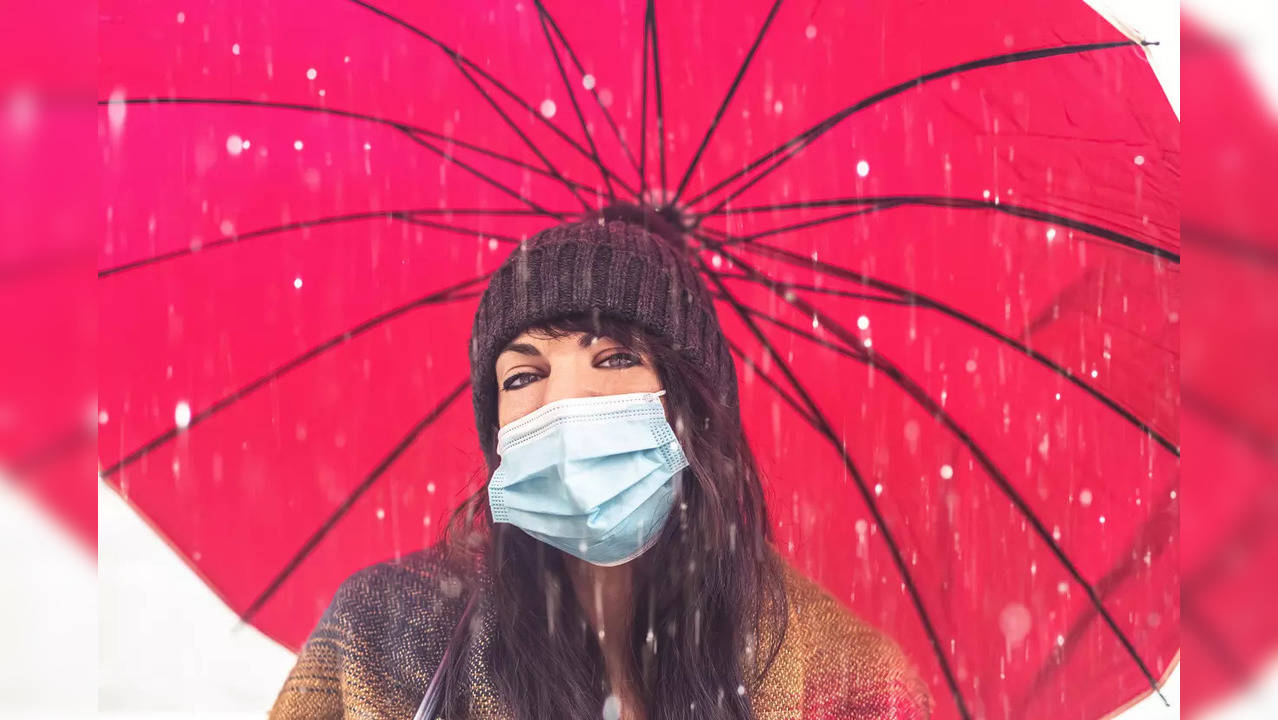Monsoon season and diseases: Protect your precious kids from Cough-cold, Dengue, Malaria, Cholera, Typhoid, Hepatitis A
Rains are a welcome weather phenomenon, especially after a hot and humid tropical Indian summer. But the season can also bring in some diseases. Check out how you can ensure that monsoon-specific diseases like cough-cold, dengue, malaria, cholera, Typhoid, Hepatitis etc do not enter your home.

The rainy season can bring on water-borne and vector-borne illnesses.
KEY HIGHLIGHTS
- The beauty of India's changing seasons can also be a mother's nightmare.
- Children and those with health issues are susceptible to seasonal illnesses.
- With the monsoon set to enter the Indian calendar, here's how you must prepare.
The Indian subcontinent is a vast landmass and there is not just one monsoon that the region is blessed with. The Indian monsoon is the most prominent of the world’s monsoon systems which primarily affects India and its surrounding water bodies.
The monsoon or rainy season here typically lasts from June to September. The Kerala monsoon or the southwest summer monsoon slowly sweeps across the country beginning in late May or early June. Monsoon rains begin to recede from North India at the beginning of October. South India typically receives more rainfall.
The onset of the rains brings with them a host of diseases and infections that can pose a serious range of health threats for you and your family. The good news, however, is that staying healthy during these months can be as simple as taking the right precautionary measures at the right time.
During monsoons, our immune system is weakened. Add to that the threat of water-borne diseases. Here's how you can stay safe and healthy this monsoon.
- Cold and Flu: If you get wet in the rain and remain that way for a long time, you could catch the flu. Change into something clean, dry, and warm after drying up as quickly as you can. Tone down the intensity of coolers, fans, and ACs. Eat warm, nutritious foods, especially soups and broths. Maintain good hygiene and avoid contact with others who may/may not be infected by the flu bug. Stay up-to-date on your flu shots and other vaccines.
- Mosquito-Borne Diseases: The water-logging menace of the monsoons is a good breeding ground for disease vectors like mosquitoes and insects. Mosquitoes that spread the parasites of malaria,
dengue , chikungunya, filariasis, etc breed in hordes during this season. Keep your locality clean and ensure there is no stagnant water. Wear long, cotton clothes. Use mosquito repellants. Stay in well-ventilated spaces. Cholera : This is a waterborne infection, caused by many strains of bacteria called Vibrio cholera. Cholera infections can get very serious if left untreated. Cholera germs take control of the patient's gastrointestinal tract causing severe dehydration and diarrhoea. Do not eat food from places where you are not sure of hygienic practices. Drink boiled, treated or purified water.- Typhoid: This is another food-borne or water-borne disease. Typhoid fever is a result of ingesting food and/or water contaminated by the Salmonella typhi bacteria. Maintaining proper hygiene and sanitation while also consuming clean food and water is recommended.
- Hepatitis: Several viruses are known to cause hepatitis, which refers to inflammation of the liver. You may lower the risk of getting hepatitis by avoiding risky behaviours, such as sharing needles, having unprotected sex and drinking large amounts of alcohol. Hepatitis A and B can be prevented by vaccination. No vaccine is yet available to prevent hepatitis C. Hepatitis D only happens to people who are infected by the hepatitis B virus. If you are vaccinated against hepatitis B, you will be protected against hepatitis D virus, says Cleveland Clinic report. Practice good personal hygiene such as thorough hand-washing with soap and water. Drink bottled water when travelling.
Disclaimer: Tips and suggestions mentioned in the article are for general information purposes only and should not be construed as professional medical advice. Always consult your doctor or a dietician before starting any fitness programme or making any changes to your diet.
Trending:
End of Article
Subscribe to our daily Lifestyle Newsletter!
Related News





Rubbing Your Eyes? Experts Warn Of Potential Eye Damage Risks

Optical Illusion: Discover The Hidden Corns In This Puzzle In 7 Seconds

Longest Suffering COVID-19 patient Dies After infection With A Mutated Variant Lasted 613 Days

How To Protect Your Skin From Infections While Swimming - Tips To Follow

Popular Fashion Influencer Surbhi Jain Dies Of Ovarian Cancer; Know First Signs Of The Disease








